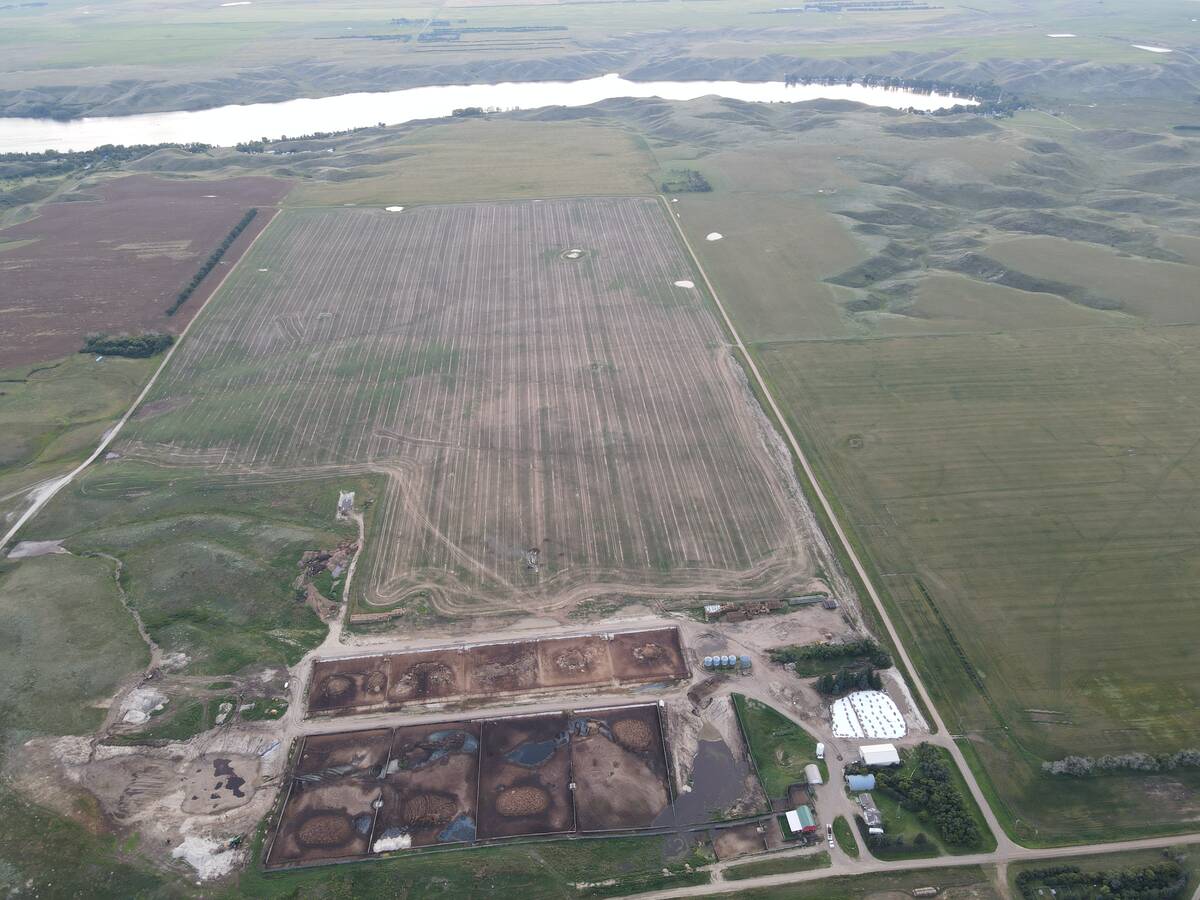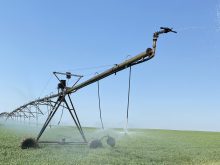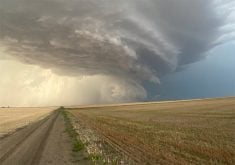Small town fairs, country potlucks and homemade pies – most people have no complaints when it comes time to sample any of the three.
But regulators in Manitoba have concerns.
The issue of home-baked pies was thrown at Manitoba cabinet ministers at the annual Association of Manitoba Municipalities convention during a bear pit forum that wound up the four day conference in Brandon.
Dick Heapy, reeve of the Rural Municipality of Blanshard, asked if the provincial regulations governing food items such as pies at potluck dinners might be going too far.
Read Also

Saskatchewan RM declines feedlot application, cites bylaws
Already facing some community pushback, a proposed 2,000-head cattle feedlot south of Swift Current, Sask., has been rejected for a municipal permit, partly over zoning concerns about the minimum distance from a residence.
He noted that because small towns are built on community spirit and the need to work together, food events are a big part of rural culture.
“My wife can make me a pie and feed it to me for a week and it’s OK,” said Heapy.
“But if she takes it to the rink or to the hall, by God, by the time she puts on a hairnet and rubber gloves, she needs more equipment than a doctor at a heart operation.
“In rural Manitoba, our record is pretty good. We haven’t seen too many dying in front of the canteen,” he said. “My question is, have you considered backing off and letting us live another day in rural Manitoba?”
Steve Ashton, minister of intergovernmental affairs, responded that although “nobody likes” health regulations, they are necessary to protect the public.
“It’s a point well taken. The key element is common sense,” said Ashton.
The minister added that he once attended a community picnic in his hometown of Thompson where a number of people got food poisoning from potato salad.
“But when you’re talking about the potential risk to public health, we all recognize that you can’t take chances,” he said. “But if there’s any of that pie left, I’ll be right over.”
On a more serious note, Tom Campbell, reeve of the RM of Albert, urged the provincial government to do more to retain the water resources on agricultural land rather than digging drainage ditches and finding ways to remove it faster.
“You know how we all like to bulldoze our last tree and cut trenches to make a desert out of the place,” he said.
Campbell pointed to the lingering drought in the southern United States as proof of the need to protect provincial water resources such as underground aquifers and small watersheds.
“We should be trying to retain that water and you guys should be putting money into dams. There’s no use running it to the sea the way we are now,” he said. “We’ve been asking for dams out in the southwest corner for years.”
Water stewardship minister Christine Melnick responded by saying that the flows of nutrient-rich runoff into Lake Winnipeg show that more work needs to be done.
She noted that one of the main recommendations of the Lake Winnipeg Stewardship Board final report in March was that retention ponds be built to keep runoff water where it can benefit farmers.
“You’re absolutely right. We need to be better stewards of our water. That is an area that we are looking at,” Melnick said.
John Falk, reeve of the RM of Rhineland, asked when the provincial biodiesel mandate would come into effect, and if the Manitoba government would match Saskatchewan’s program to help farmers and communities build production plants.
“When will a mandate for B2 or B5 (fuel with plant-based additives) be implemented in Manitoba?” he asked.
Agriculture minister Rosann Wowchuk responded that although there are already five biodiesel plants in various stages of construction in the province, a mandate for its use as a required fuel additive would only come after local production is able to meet demand.
“This is a very important issue,” she said. “We want to mandate, but we cannot until we have enough production.”














